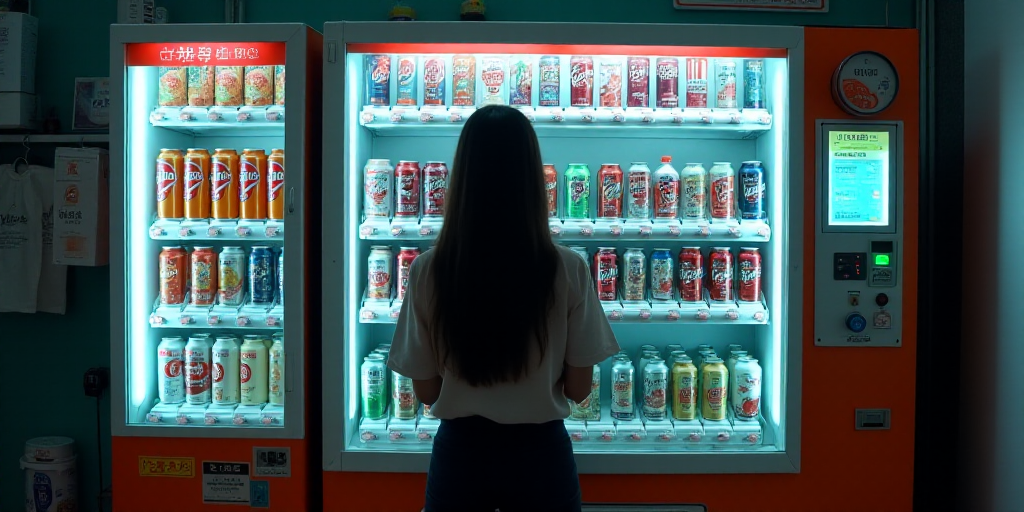Background and Relevance
In a recent digital discussion analysis, more than half of the people on social media in Mexico have rejected an increase in the Impuesto Especial sobre Producción y Servicios (IEPS) on sugary drinks announced by the federal government for the upcoming year. This development is significant as it reflects public opinion on a proposed tax hike aimed at curbing obesity and diabetes, two major health issues in the country.
Government Proposal and Public Response
As part of the Paquete Económico 2026 presented by President Claudia Sheinbaum to the Congress of the Union, the government proposed modifying the IEPS law and raising the tax on soft drinks from 1.64 to 3.08 pesos per liter. A study by Dinamic, a digital analysis firm, examined 5,945 public conversations on Facebook, X (formerly Twitter), TikTok, YouTube, and Instagram.
- 60% of the mentions expressed rejection, viewing the increase as a burden on family budgets.
- 28.7% showed support, considering it a strategy to reduce sugary drink consumption and address obesity and diabetes.
- 11.7% remained neutral, offering international comparisons or fiscal reflections.
The analysis estimated that over 22.8 million users were exposed to related posts between September 7 and 9, 2025, when the federal government announced that the IEPS increase was part of the Paquete Económico 2026.
Key Themes in Online Discussions
The dominant criticisms centered around the impact on popular consumption, particularly affecting low-income households where sugary drinks are a daily staple. Critics argued that the tax hike directly hits consumers’ pockets, with 18.7% expressing this view.
A recurring narrative was that the tax increase is essentially a revenue-generating measure disguised as public health policy. Many users expressed skepticism about the actual use of collected funds and their translation into tangible improvements for the healthcare system.
On the other hand, supportive voices acknowledged the urgency of tackling obesity and diabetes, two significant public health concerns in Mexico. They believe that raising taxes on sugary drinks can help decrease their consumption, though they also recognize that this measure alone is insufficient and should be complemented by educational and preventive strategies.
Public Perception of Soda Companies
The analysis also unveiled criticisms directed at soda companies, especially Coca-Cola, accused of fostering a strong social dependency on sugary drinks.
- 14% of the analyzed narratives held these companies responsible for contributing to public health issues and questioned any genuine incentives for them to change their business practices.
- Another point of contention was the official “Vive saludable, vive feliz” campaign, perceived by many users as political propaganda without a guaranteed real impact.
Key Questions and Answers
- What is the proposed IEPS increase on sugary drinks? The Mexican government plans to raise the IEPS tax on soft drinks from 1.64 to 3.08 pesos per liter as part of the Paquete Económico 2026.
- Why are people rejecting the proposed increase? The majority of social media users in Mexico view the tax hike as a direct blow to family budgets, particularly affecting low-income households reliant on sugary drinks.
- What are the alternative views? Some users support the increase, seeing it as a strategy to reduce sugary drink consumption and combat obesity and diabetes.
- How are soda companies being perceived? Many users criticize soda companies for contributing to public health issues and question the effectiveness of the “Vive saludable, vive feliz” campaign.






